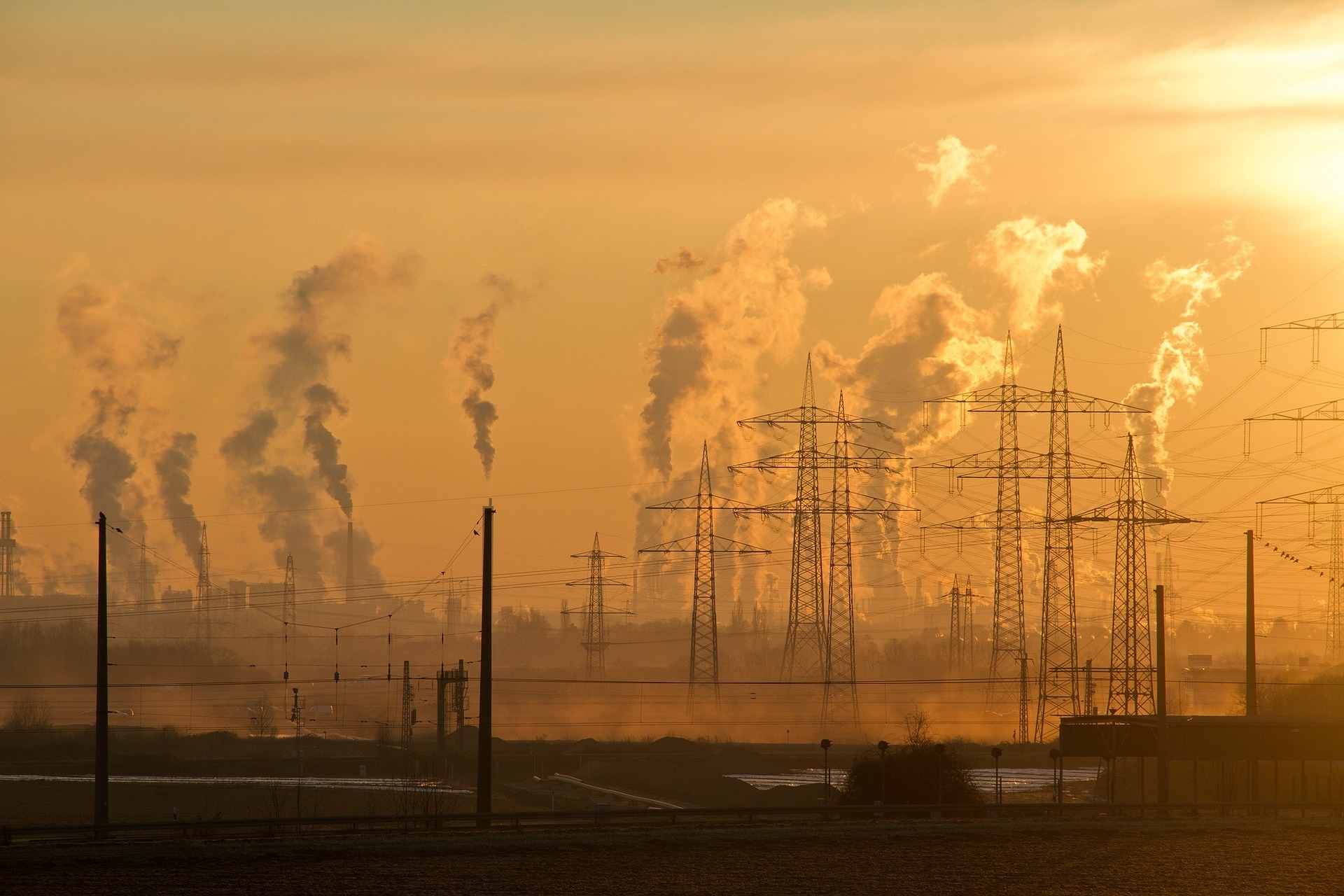 Pollution can have a significant impact on homes, both indoors and outdoors. Indoor pollution can come from a variety of sources, including cooking, heating, cleaning, and smoking. Outdoor pollution can enter homes through open windows and doors, or through cracks and gaps in the building’s foundation.
Pollution can have a significant impact on homes, both indoors and outdoors. Indoor pollution can come from a variety of sources, including cooking, heating, cleaning, and smoking. Outdoor pollution can enter homes through open windows and doors, or through cracks and gaps in the building’s foundation.
The effects of pollution on homes can be both short-term and long-term. Short-term effects can include respiratory problems, such as asthma and bronchitis, as well as eye irritation and headaches. Long-term effects can include cancer, heart disease, and neurological problems.
Children are particularly vulnerable to the effects of pollution. Their lungs are still developing, and they are more likely to spend time indoors, where pollution levels are often higher.
There are a number of things that can be done to reduce the impact of pollution on homes. These include:
- Using clean fuels and technologies for cooking and heating.
- Keeping windows and doors closed when pollution levels are high.
- Installing air filters in homes.
- Smoking outside.
- Maintaining homes to prevent air leaks.
By taking these steps, homeowners can help to protect their health and the health of their families.
Here are some additional details about the impact of pollution on homes:
- Cooking: Cooking is a major source of indoor air pollution. The fumes from cooking can contain a variety of harmful pollutants, including carbon monoxide, nitrogen dioxide, and particulate matter. These pollutants can cause respiratory problems, such as asthma and bronchitis.
- Heating: Heating can also be a source of indoor air pollution. Older heating systems, such as wood-burning stoves and fireplaces, can release harmful pollutants into the air. These pollutants can cause respiratory problems, such as asthma and bronchitis.
- Cleaning: Cleaning products can also release harmful pollutants into the air. These pollutants can cause respiratory problems, such as asthma and bronchitis.
- Smoking: Smoking is a major source of indoor air pollution. The smoke from cigarettes contains a variety of harmful pollutants, including carbon monoxide, nitrogen dioxide, and particulate matter. These pollutants can cause respiratory problems, such as asthma and bronchitis.
- Outdoor pollution: Outdoor pollution can enter homes through open windows and doors, or through cracks and gaps in the building’s foundation. Outdoor pollutants can include particulate matter, ozone, nitrogen dioxide, and sulfur dioxide. These pollutants can cause respiratory problems, such as asthma and bronchitis.
 The effects of pollution on homes can be both short-term and long-term. Short-term effects can include respiratory problems, such as asthma and bronchitis, as well as eye irritation and headaches. Long-term effects can include cancer, heart disease, and neurological problems.
The effects of pollution on homes can be both short-term and long-term. Short-term effects can include respiratory problems, such as asthma and bronchitis, as well as eye irritation and headaches. Long-term effects can include cancer, heart disease, and neurological problems.
Children are particularly vulnerable to the effects of pollution. Their lungs are still developing, and they are more likely to spend time indoors, where pollution levels are often higher.
There are a number of things that can be done to reduce the impact of pollution on homes. These include:
- Using clean fuels and technologies for cooking and heating. Clean fuels, such as natural gas and propane, produce fewer pollutants than dirty fuels, such as wood and coal. Clean technologies, such as electric ovens and induction cooktops, also produce fewer pollutants than traditional cooking methods.
- Keeping windows and doors closed when pollution levels are high. When pollution levels are high, it is best to keep windows and doors closed to prevent pollutants from entering the home.
- Installing air filters in homes. Air filters can help to remove pollutants from the air. Air filters should be changed regularly, according to the manufacturer’s instructions.
- Smoking outside. Smoking should be done outside, away from the home. Smoking inside releases harmful pollutants into the air, which can be harmful to the health of everyone in the home.
- Maintaining homes to prevent air leaks. Air leaks can allow pollutants to enter the home. Homes should be inspected for air leaks and repaired as needed.
By taking these steps, homeowners can help to protect their health and the health of their families.



 Facebook
Facebook
 X
X
 Pinterest
Pinterest
 Copy Link
Copy Link